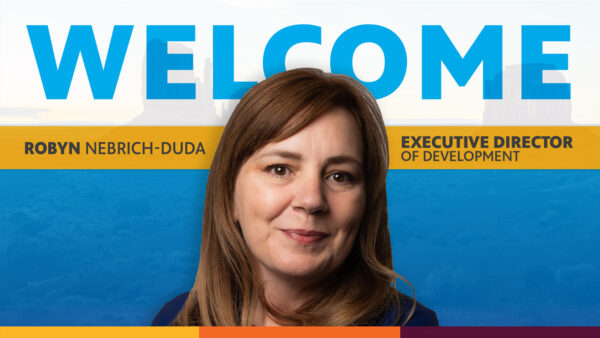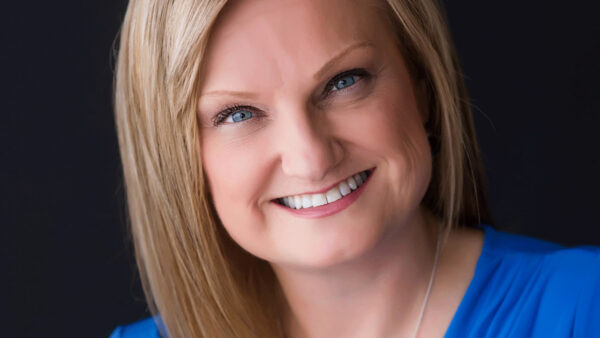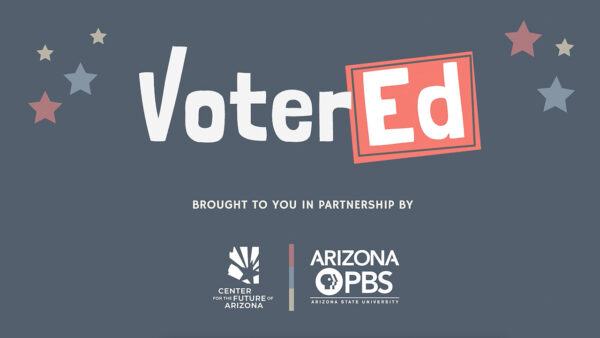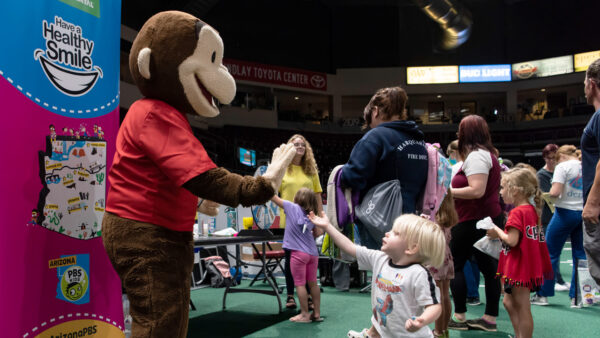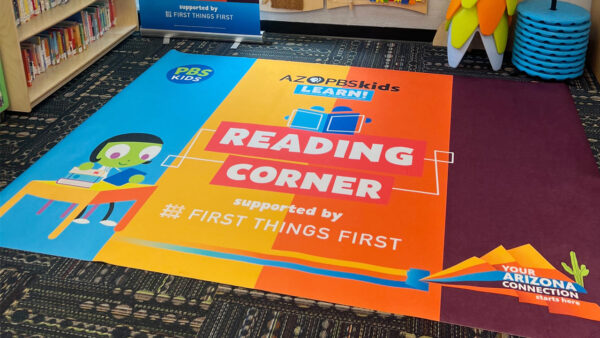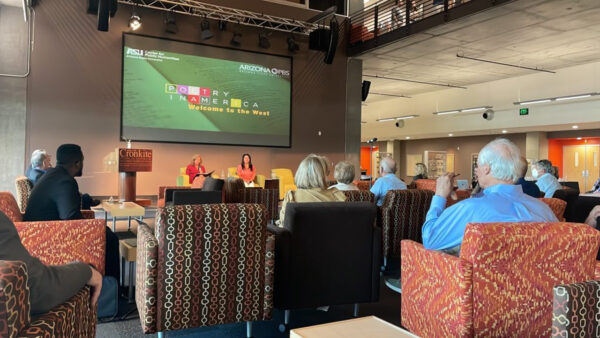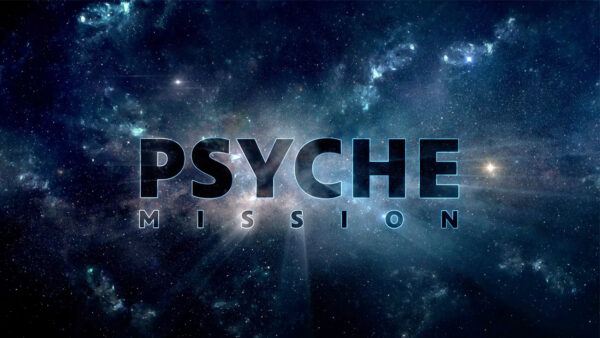Arizona Memories from the ’70s
Jan. 23, 2011
— Alice Cooper, Mary Jo West, Al McCoy, Hans Olson, Kay Butler,
Danny Zelisko, Bob Boze Bell, Jana Bommersbach, The Tubes, Marty Manning, Frank Kush, Governor Raul Castro and many more share their memories —
— Featuring Wallace & Ladmo 's Pat McMahon —
Arizona in the 1970s was a time of unexpected change, unprecedented extremes and unbelievable highs and lows. The Phoenix Suns got their shot in the 1976 NBA playoffs, in triple overtime. (Many fans still refer to it as the greatest basketball game ever played.) ASU's football team played in five out of the first seven Fiesta Bowls, winning all but one. Women made history in media, business, and politics with firsts as TV anchors, judges, and mayors. Arizonans elected the state's first Hispanic governor. The state faced a series of devastating tragedies from the murder of reporter Don Bolles to the marauding Tison gang. The Arizona desert weathered an unusual series of violent storms — resulting in more than one 100-year flood. Miles of new highways and housing developments continued to feed Arizona's growth. Promoters even brought the beach to the desert and called it Big Surf. And the events unfolded with the distinctive '70s soundtrack which Arizonans Alice Cooper, The Tubes, and Stevie Nicks helped define. Arizona Memories from the '70s presents a revealing look at the times and the people of an unforgettable decade. The Eight production airs Sunday, Jan. 23, 2011 at 7 p.m. on Eight , Arizona PBS.
“As with previous Arizona Memories productions, we began our research by putting out a request to our viewers,” said the show's producer John Booth. “We asked them to ‘share your Arizona memories from the 1970s.' The response was tremendous.”
Home movies, family photos, concert posters and ticket stubs, newspaper articles, and all kinds of memorabilia were soon made available to our station. The emails were filled with stories about the famous 100-year floods that just kept coming; the packed stadiums at the sporting events with the Phoenix Suns, ASU vs. U of A, and Phoenix Roadrunner hockey; tubing the Salt River; the arrival of Big Surf; and the Valley's music scene.
“This really was a labor of love, sorting through all the materials we received,” said Booth. “I grew up in Arizona, so this process was a great trek down memory lane. I remember riding my bike up and down Mill Avenue, going to concerts at the Celebrity Theatre, listening to a fledgling radio station called KDKB, and watching new neighborhoods and freeways being build throughout the Valley, and in my own backyard.”
The interviews include reporters who were covering the big stories — Al McCoy, Jana Bommersbach, Bob Boze Bell, Mary Jo West — and those making history — Governor Raul Castro, Frank Kush. Our cameras also captured the major players in Arizona's music scene, including Danny Zelisko, Alice Cooper and The Tubes, talking about what it was like back in the day.
Arizona Memories from the '70s explores the more serious events of the decade as well. Blacks, American Indians, and Hispanics called for fair pay, opportunities in the workplace and equal treatment in schools. Arizonan Cesar Chavez led strikes, boycotts and marches for better pay and working conditions for farm workers.
In the first half of the decade three powerful storms hit Arizona, destroying or damaging nearly 1,000 homes. Between October 1977 and February 1980, there were seven floods. Phoenix was declared a disaster area three times and 18 people lost their lives. In the summer of 1978, state prison escapees known as the “Tison gang” went on a murder spree.
But no crime shocked the state like the murder of Arizona Republic reporter Don Bolles. Bolles' stories had exposed land fraud, organized crime and government corruption. And, like something out of a crime novel, on a hot summer afternoon, Bolles went out to his car, started the ignition, pulled out a few feet and a remote-controlled dynamite bomb exploded. Three men were eventually tried for the Bolles murder. Their cases were not settled until the 1990s.
“Once again, our audience came through with wonderful material to help us tell the story,” said Booth. “For a little while, Arizona Memories from the '70s turns back the clock to capture the mood, the events and the people who made that time special and influenced Arizona's future.”
)









